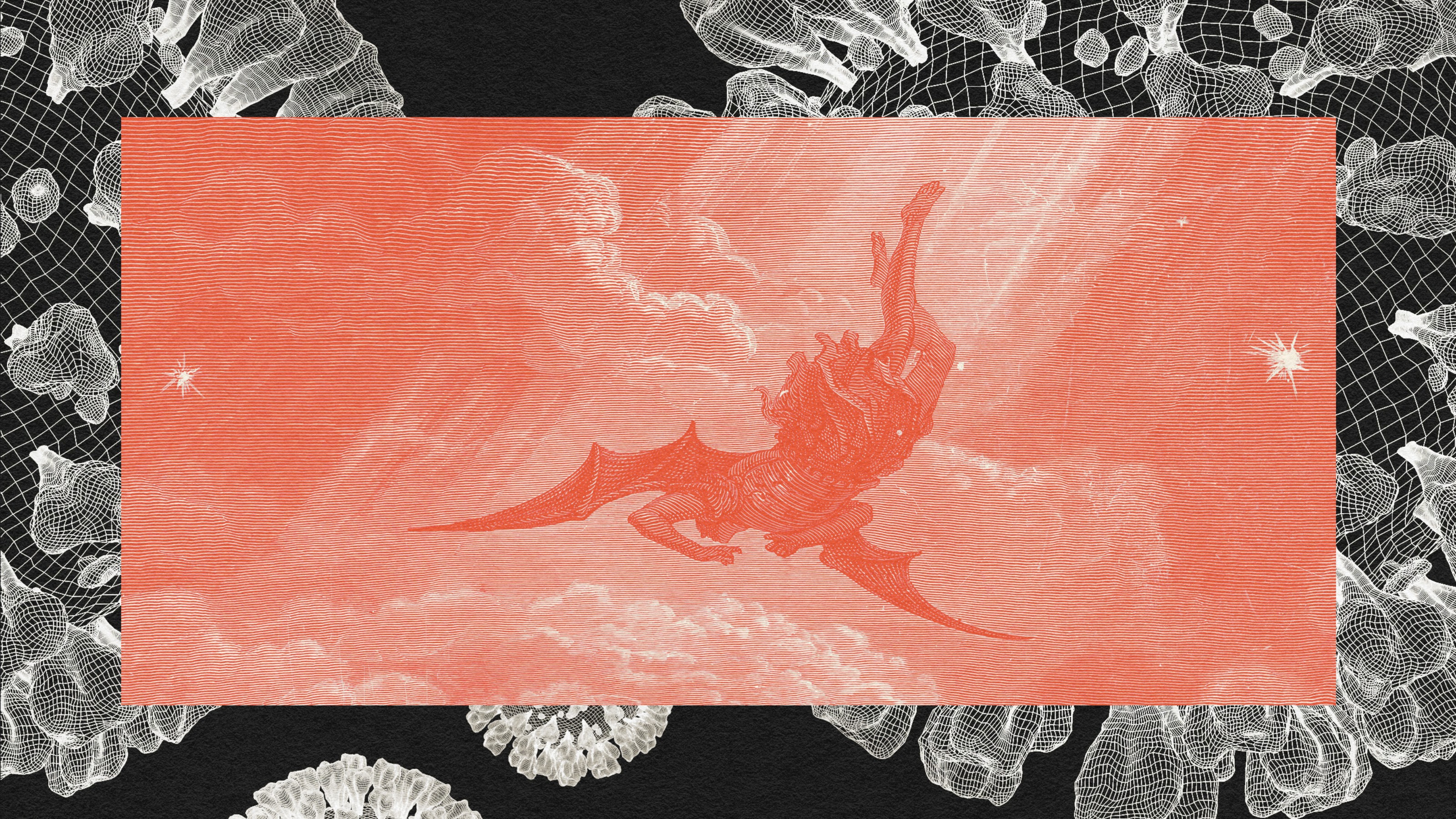Once the composer recognized the gender imbalance in the jazz world, she developed a theory about why women are discouraged from the arts.
Question: Did you encounter any gender-specific obstacles as a female composer?
Maria Schneider: No, I think for me, you know, it's funny, I never even asked myself about that until I was first asked by a journalist and it was when I, after I made my first record, so I was already, I think 32 years old before I really even thought about that. And then I had to go back and think, wait a minute, I was the only girl doing this in college and writing for big band. I mean, it wasn't just composition, it was jazz composition, which is maybe even more male, you know, dominated, or whatever you want to say, or peopled with men or something. And I think the reason was because my first mentor was a woman. And in my home town, my sister, I had two sisters, one was an artist and her mentor, who was a really wonderful painter in Wyndham, was a woman. And I think I kind of, my very first feeling was that women are the artistic ones and that men are the more practical ones. Even in my family, my mother was the one who loved art and music, so I just kind of was oblivious to the fact that when I went out in the real world that it was all men. It's like, "Oh, well, it's a lot of men around here, whatever." You know, and I just kept going. So I'm glad I never felt any complexity about it. I did, I will say I was conscious when I was first writing in New York for some of the groups in New York that were all men. I remember saying to my teacher, Bob Brookmeyer, that, you know, I didn't want my music to sound too feminine, I really wanted to be able to have it really sound male. So I was conscious of, you know, a lot of people would scream and say, "What does that mean?" You know, and get upset at me. But I was a little bit self-conscious that my music was too feminine and he said, "Listen, you are what you are and you should just embrace that." And he even went so far as to say, "You know, this music has been so dominated by men that if there's something through your music that is female, if you can even make that judgment, we need it, because it hasn't been represented very much."
Question: Is music becoming less male-dominated?
Maria Schneider: Yeah. Well, I do, because I mean, jazz came up, you know, when jazz came up, the way it was passed on was, you know, people playing jam sessions or playing in clubs late at night and in that era, what were women doing who were in their 20's, they were raising families and how many women would've, back then, made the choice to, instead of having a family and raising kids and being married and everything, to have the life of a jazz musician, hanging out in clubs late at night, a lot of drinking and, you know, drugs maybe, and who knows what? And just hanging out all night and playing. So I think it wasn't, at that time, culturally, you know, what it meant to be a jazz musician was very different than what it means to be one now. So it seems logical to me that it would be more men, you know? And I even have just some crazy theories just about in the arts, and maybe this gets me in trouble, too, but I've noticed so much people with young children, like what goes into children's brains when they're young, about, that gives them indication about themselves. For instance, if you see a little girl and she's in front of you, you're more likely to say something, "Oh, Susie, what a beautiful little dress you have, I love your hair, and oh, you got your ears pierced?" You know, all the things that she's getting, you know, attention for, are about how people perceive her from the outside in. What do we say to the little boy? We certainly don't very often say, "Oh, what a cute, little outfit you have on, I love your boots." You know, you wouldn't say that to a boy. You'd say, "Well, what are you making? Oh, look at that train set! And you built that?" You know, so the boy gets, you know, what he feels he's getting attention for and love or adoration for is what he's creating, what he's making.
And I think that for young girls growing up, they get very confused because of course, every human has this impulse to create, to have the energy to develop those skills and to be by yourself and spend intense amounts of hours in solitude working on your craft, at the same time being concerned constantly about how people are perceiving you and that you're not going to be loved unless you're considered to be beautiful, you know, like me being worried about coming to this interview and not thinking that it was video, you know, those things! We women get completely distracted by that stuff and I think that thing keeps a lot of women from doing what they would need to do to develop themselves as a jazz musician. It takes a lot of lonely hours to do it.
Recorded on December 11, 2009
Interviewed by Austin Allen





